Microsoft CEO Satya Nadella took to X to affirm the company’s relationship with OpenAI hours after OpenAI ousted its CEO Sam Altman.


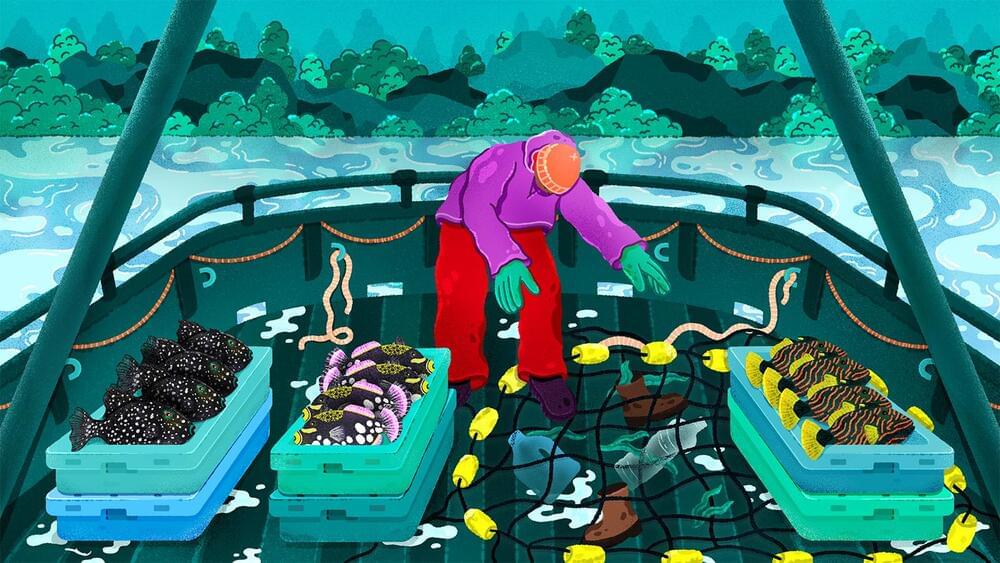
In 2010, Mike Williams traveled from London to Amsterdam for a physics workshop. Everyone there was abuzz with the possibilities—and possible drawbacks—of machine learning, which Williams had recently proposed incorporating into the LHCb experiment. Williams, now a professor of physics and leader of an experimental group at the Massachusetts Institute of Technology, left the workshop motivated to make it work.
LHCb is one of the four main experiments at the Large Hadron Collider at CERN. Every second, inside the detectors for each of those experiments, proton beams cross 40 million times, generating hundreds of millions of proton collisions, each of which produces an array of particles flying off in different directions. Williams wanted to use machine learning to improve LHCb’s trigger system, a set of decision-making algorithms programmed to recognize and save only collisions that display interesting signals—and discard the rest.
Of the 40 million crossings, or events, that happen each second in the ATLAS and CMS detectors—the two largest particle detectors at the LHC—data from only a few thousand are saved, says Tae Min Hong, an associate professor of physics and astronomy at the University of Pittsburgh and a member of the ATLAS collaboration. “Our job in the trigger system is to never throw away anything that could be important,” he says.
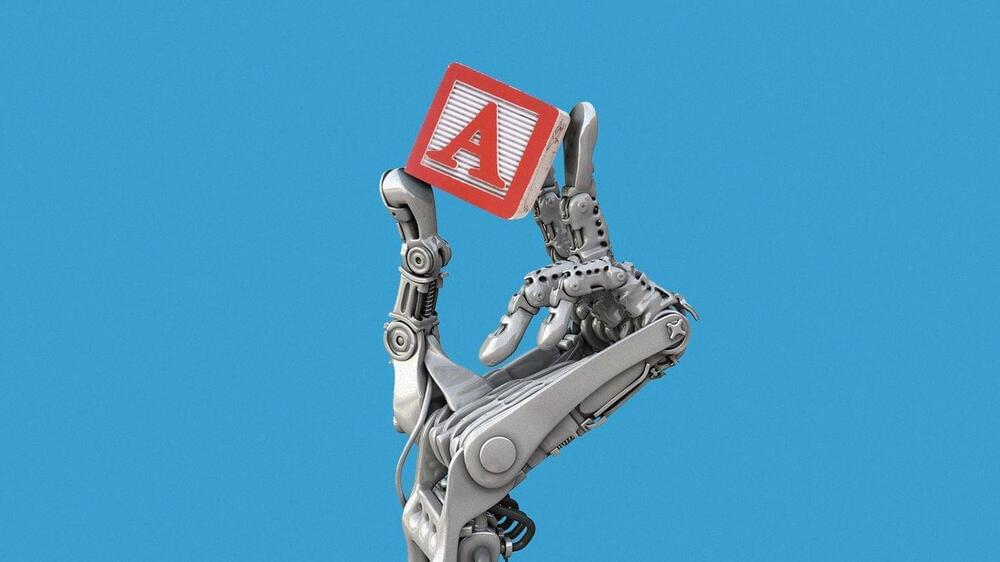
Now, generative AI models — similar to the large language model (LLM) that powers ChatGPT — are being developed to understand the rules and relationships of DNA, RNA and proteins, and the many functions and properties they produce.
How it works: Humans arrange the 26 letters in the modern English alphabet into roughly — and arguably — about 500,000 words.
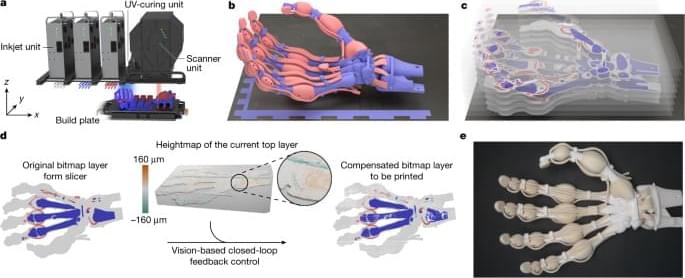
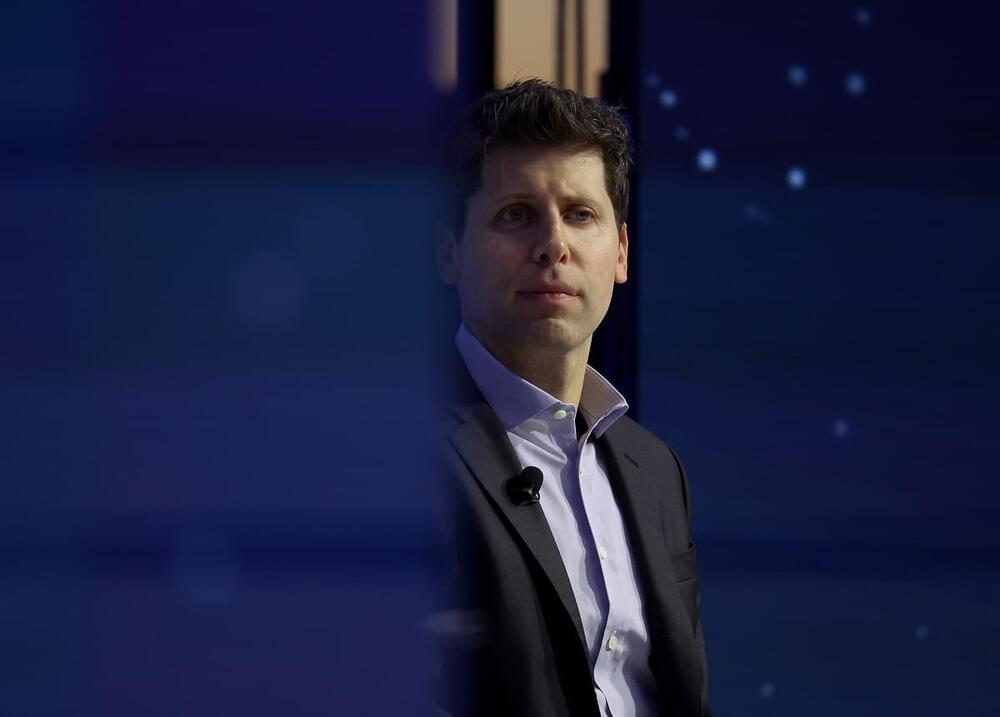
Here’s one we weren’t expecting: the creator of ChatGPT, OpenAI, has unexpectedly announced that it’s ditching its charismatic CEO Sam Altman, effective immediately.
“Mr. Altman’s departure follows a deliberative review process by the board, which concluded that he was not consistently candid in his communications with the board, hindering its ability to exercise its responsibilities,” the company wrote in the surprise announcement. “The board no longer has confidence in his ability to continue leading OpenAI.”
The statement is strikingly vague about exactly what went off the rails with Altman, who cofounded the company alongside the also since-departed Elon Musk back in 2015.

Meta executive and “godfather of artificial intelligence” Yann LeCun has had it with people ringing the alarm bells about a hypothetical AI doomsday.
In a lengthy post on X-formerly-Twitter, the computer scientist argued that there’s a far bigger threat hovering over the burgeoning industry: powerful companies seizing control of the future of AI and using it to prop up their wealth and influence.
It’s a pertinent point, as an increasingly smaller number of AI companies are starting to emerge as the early winners in the AI race, claiming an ever-growing slice of the highly lucrative AI pie.

OpenAI co-founder and president Greg Brockman has quit the firm, he said Friday, hours after the Microsoft-backed giant abruptly fired its chief executive Sam Altman and assured that Brockman would remain at the startup. Brockman’s sudden departure adds to the day’s uncertainties at OpenAI, following closely on the heels of its maiden developer conference led by Altman.
“I’m super proud of what we’ve all built together since starting in my apartment 8 years ago. We’ve ben through tough & great times together, accomplishing so much despite all the reasons it should have been impossible,” wrote Brockman in a message to OpenAI team. “But based on today’s news, I quit. Genuinely wishing you all nothing but the best. I continue to believe in the mission of creating safe AGI that benefits all of humanity.”
OpenAI earlier said that Brockman was stepping down as chairman of the board, but will remain at the firm. Brockman, who co-founded OpenAI with Altman, is a close confidant of the former OpenAI chief executive.
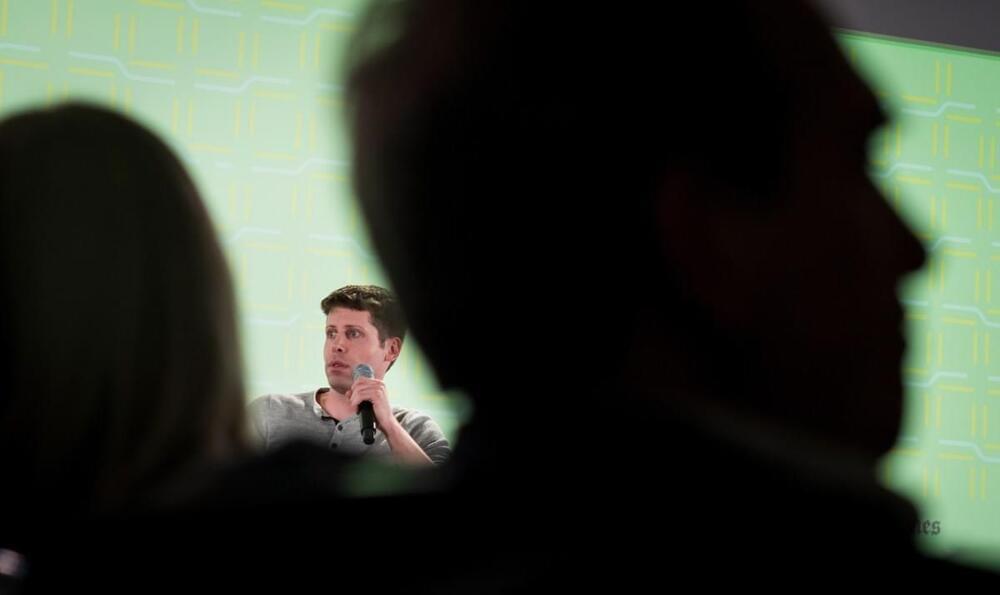
In perhaps the most unexpected tech news of the year, billionaire and AI evangelist Sam Altman has been ejected from his CEO role at OpenAI by the company’s board after an apparent vote of no confidence. Its exact wording in a release issued this afternoon: Altman’s “departure follows a deliberative review process by the board, which concluded that he was not consistently candid in his communications with the board, hindering its ability to exercise its responsibilities.”
What the hell is happening at the most hyped company in the world?! Here are some totally speculative theories that occurred to us and others around the web.

Blog: Chief technology officer Mira Murati appointed interim CEO to lead OpenAI; Sam Altman departs the company.
Search process underway to identify permanent successor.
The board of directors of OpenAI, Inc., the 501©(3) that acts as the overall governing body for all OpenAI activities, today announced that Sam Altman will depart as CEO and leave the board of directors. Mira Murati, the company’s chief technology officer, will serve as interim CEO, effective immediately.
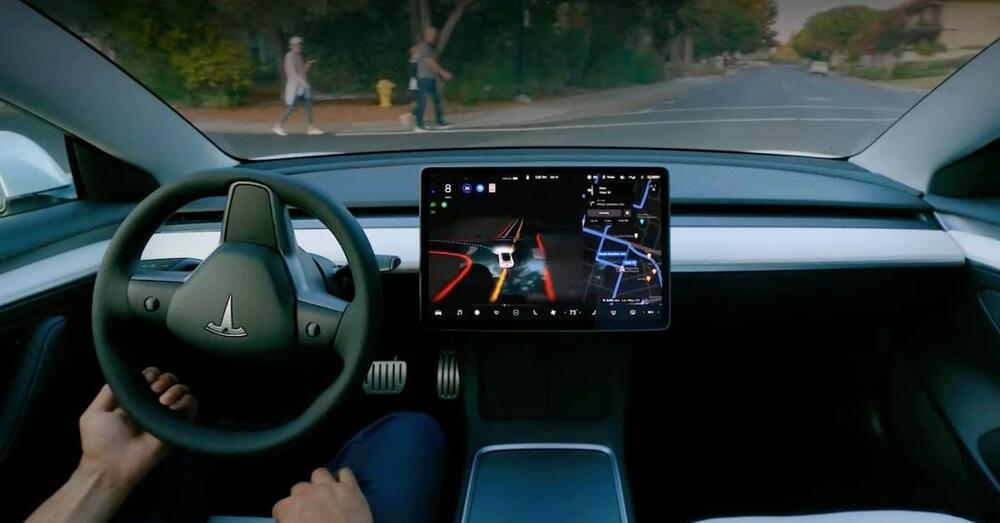
Tesla has started to push a new Full Self-Driving Beta software update with a series of improvements ahead of the v12 update, which is supposed to take the system out of beta.
FSD Beta enables Tesla vehicles to drive autonomously to a destination entered in the car’s navigation system, but the driver needs to remain vigilant and ready to take control at all times.
It originally launched in October of 2020 and Tesla has been expanding the program to more vehicles in North America with every software update since.